Former president of the Mozambican Constitutional Council criticizes partisanship of bodies
Former president Chissano calls for mutual understanding to end political crisis in Mozambique
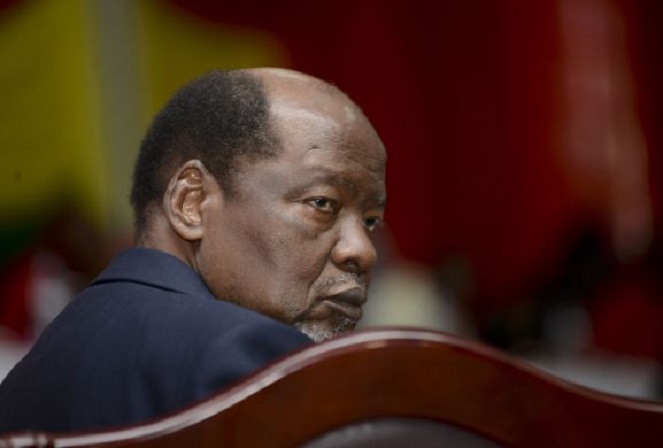
Lusa (File photo) / Joaquim Chissano
Former Mozambican president Joaquim Chissano is in favour of mutual understanding between the government and Renamo, the main opposition party, as a way of ending the political and military crisis, saying that results so far are encouraging.
“There must be mutual understanding and this fraternal dialogue must continue,” the former head of state said on the sidelines of Heroes Day ceremonies in Maputo central on Friday.
Highlighting the importance of peace for the country’s stability, Chissano said that Mozambicans should support government actions aimed at overcoming the political impasse between the government and the main opposition party.
“Above all, there must be reconciliation,” said the former president, noting that the most effective route to peace in Mozambique was firstly to create a climate of trust between the two parties.
Another former head of state, Armando Guebuza, said that crises are common in all parts of the world, but what is important is creating mechanisms to overcome these differences and ensure the consolidation of national unity.
“In any country there are problems, but at the same time, there are victories that must be highlighted,” said President Nyusi’s immediate predecessor, expressing confidence that the country would find ways to solve the political crisis.
The Mozambican president announced on Friday that the Government and Renamo have decided to create, without the presence of international mediators, two specialized groups to deal with “military matters” and decentralization, which are essential in the agenda of the peace negotiations that were underway in Maputo.
Speaking in a videoconference to journalists in Zambézia, quoted by Rádio Moçambique, Afonso Dhlakama explained that the groups would be composed of two members of the two delegations and a specialist in the matter under discussion.
“As soon as the groups have been created, we will resume negotiations in Maputo, probably next week,” the Renamo leader said, noting that the mission of the mediators in Maputo had ended and that it was now time to leave the work to specialists in the negotiation agenda’s main subjects.
“They [the international mediators] have not been expelled, it should be noted. If we need them, we will show no fear recalling them,” Dhlakama said.
The work of the joint commission in the talks between government and Renamo, led by the international mediation team, stopped in mid-December without agreement on the decentralization package, one of the essential themes of the peace negotiations, after months of meetings.
Mozambique is undergoing a political crisis, marked in the center of the country by military conflicts between the Defense and Security Forces and the armed wing of Renamo, the party which claims victory in the general elections of 2014, accusing the Mozambican Liberation Front (Frelimo), now in power for more than 40 years, of fraud in the polls.
In late December, following a telephone conversation with the Mozambican president, Renamo leader Afonso Dhlakama announced a one-week truce as a “goodwill gesture” and later extended it to 60 days.
Negotiations between the parties are expected to resume in the coming days.


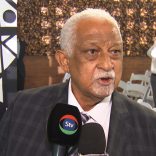
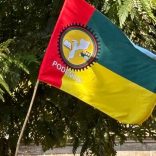

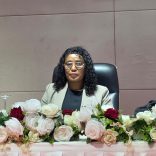
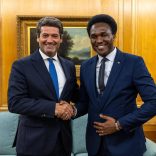
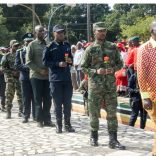




Leave a Reply
Be the First to Comment!
You must be logged in to post a comment.
You must be logged in to post a comment.